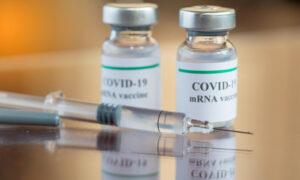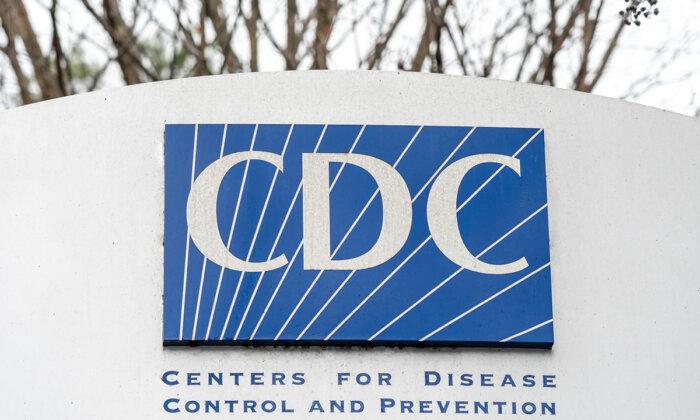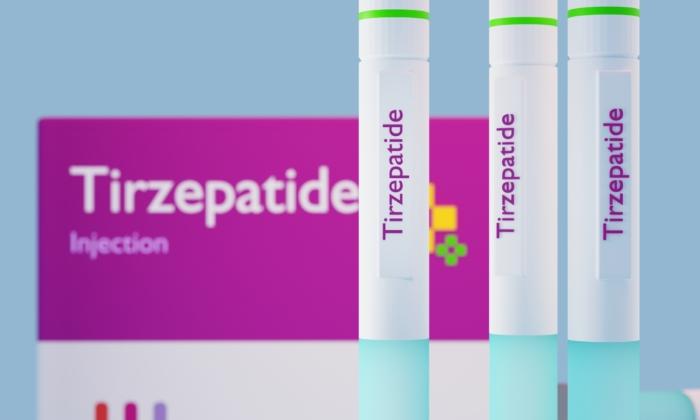How It Works
The pill is similar to the shot in that it contains an active form of the coronavirus as a way to produce immunity. However, researchers target mucus instead of blood.According to the authors, compared to the current vaccines that are given subcutaneously, these oral vaccines are more effective in inducing Immunoglobulin A (IgA). IgA is a class of antibodies operates in mucus and can disable viruses. A coronavirus infection shielded by a vaccine that produces mucosal immunity in the form of IgA antibodies is a better prevention strategy than the blood serum immunity approach currently available, they add.
The authors also mentioned that nasal vaccines tend to produce side effects, such as headaches and fever, on the central nervous system or lungs.
Trial Success
Researchers used an animal model to test oral vaccine effectiveness. Nine monkeys were divided into three groups of three.In one group, each of the three monkeys was given a low dose of 30 micrograms of SARS-CoV-2 spike protein receptor binding domain (RBD) antigens along with 400 micrograms of another immunity-driving molecule, poly(I:C). The vaccine was administered under their tongues.
The second group was given a larger dose of 150 micrograms of RBD and 400 micrograms of poly(I:C) in the same way. The third group acted as the control and was only given 400 micrograms of poly(I:C).
Results showed two monkeys in the high-dose group and one monkey in the low-dose group successfully produced antibodies against COVID-19.
History of Oral Vaccines
Oral vaccines have existed.The oral polio vaccine is used in several countries around the world. It’s no longer used in the United States.
Next Steps
“As mucosal vaccines offer the potential to trigger robust protective immune responses at the predominant sites of pathogen infection, practical vaccines against air-borne and/or droplet infectious viruses, such as SARS-CoV-2, should be administered into the nasal or oral cavity to establish an anti-virus mucus immunity to produce secretory IgA antibodies,” authors say in the paper.Further studies are currently underway in primates. There was no mention of upcoming plans for research in human subjects yet.







